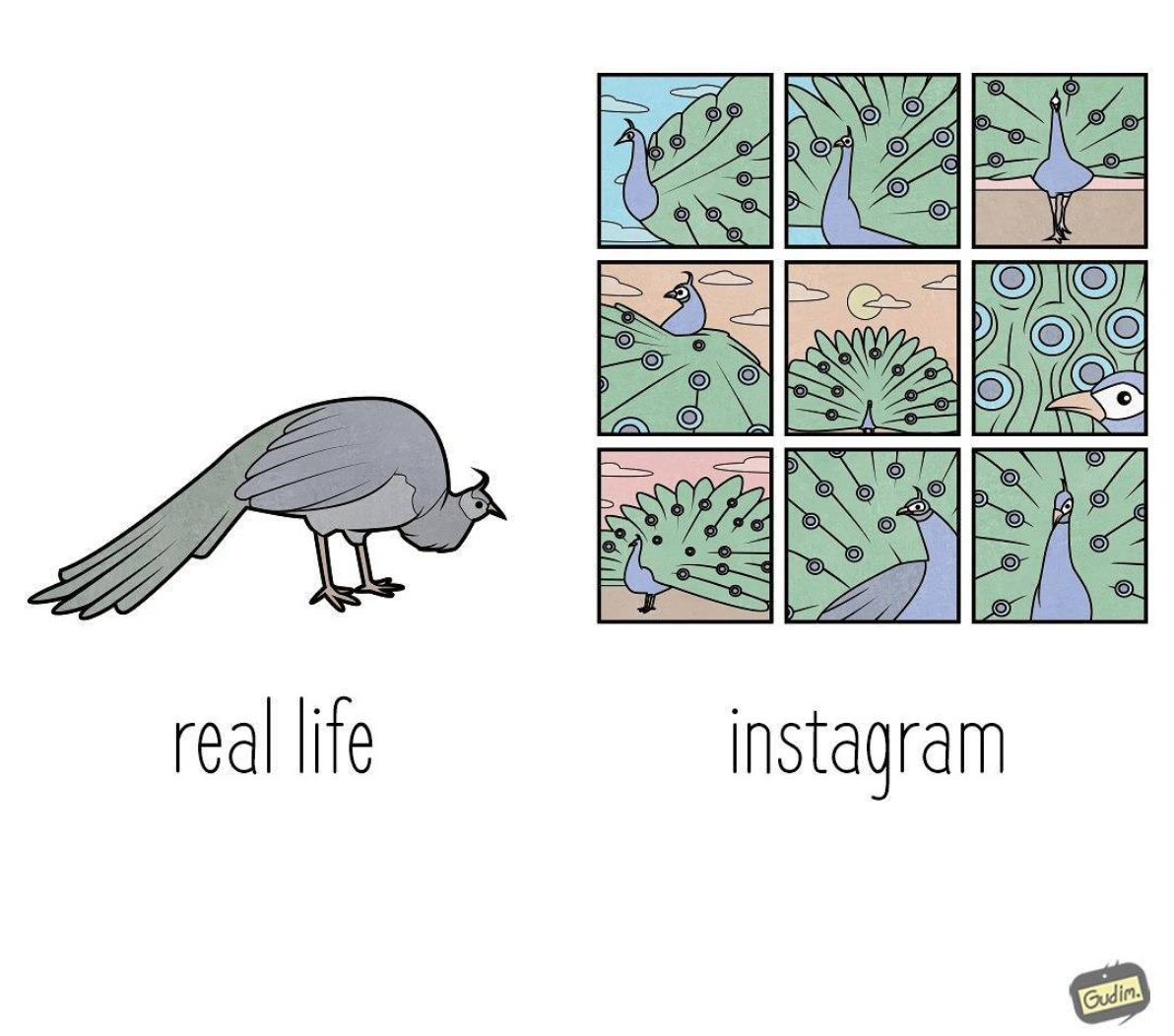My article, “I Am a Fake Loop: the Effects of Advertising-Based Artificial Selection,” just appeared in the journal Biosemiotics. You can read it here for free.

In this piece, I explore Niko Tinbergen and Konrad Lorenz’s ethological understandings of the human animal, and how certain instinctual heuristics override rational control and analysis. Using the case study of advertising, I investigate how various ways in which human life is subverted through the artificial selection of single-metric selection processes of profit. The myopia of profit even undermines itself in short-term extractivism, so it is definitionally unsustainable.
Also interrogated in this study is the way in which desires are manufactured. Using Tinbergen’s discovery of “supernormal stimuli” and Deirdre Barret’s application of this ethological finding to human epidemiology, I take a public health approach to supernormal stimuli and find that marketing and advertising strangely undermine their form of mimicry, deceiving both the intended targets and the signaler simultaneously. Analyzing sophisticated mass mimicry in contemporary culture, in both intended and unintended forms, allows for insights into how to decolonize human evolution from these insidious forms of artificial selection.